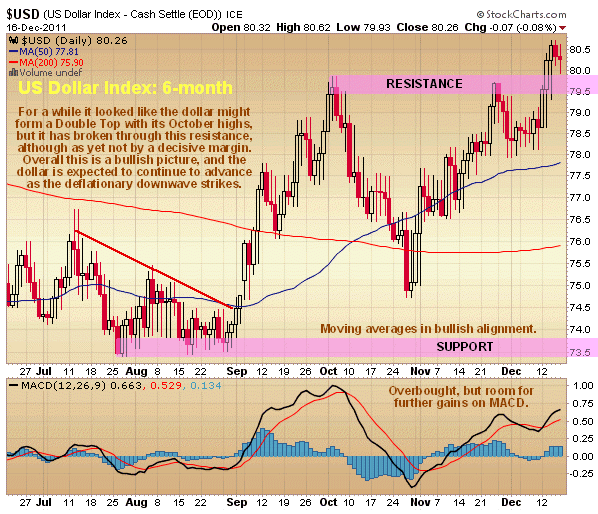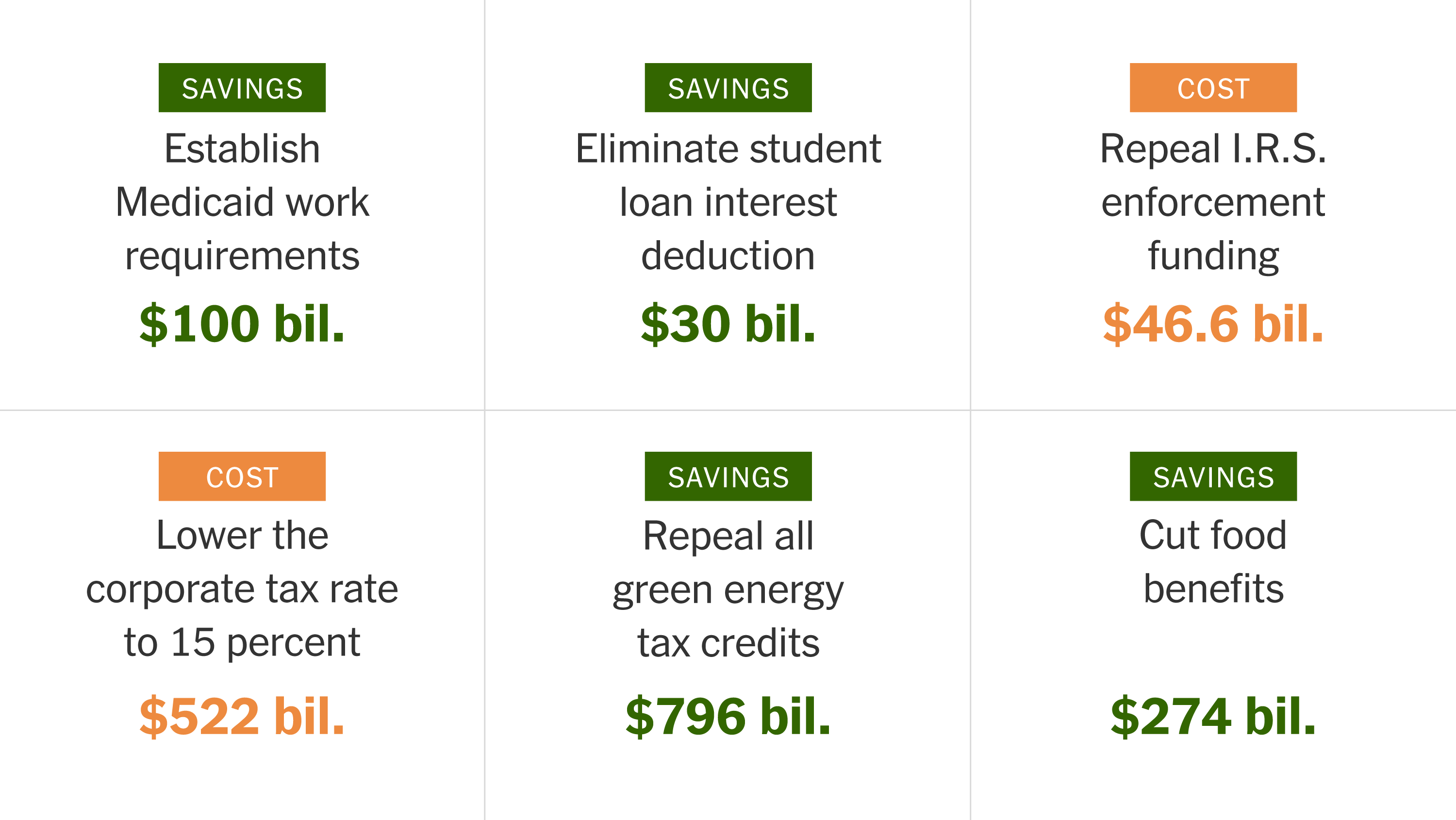Wilders Condemns Government's Plan For Early Prison Releases

Table of Contents
Geert Wilders, leader of the Party for Freedom (PVV), is known for his outspoken views and strong anti-immigration stance. He has consistently voiced concerns about crime and public safety, making him a powerful voice in this highly charged debate. His staunch opposition to the government's early prison release plan underscores the significant concerns held by many within the Dutch population. The core issue centers on the government's belief that early releases will address overcrowding and reduce costs, while Wilders argues that it prioritizes budgetary concerns over public safety, potentially leading to increased crime rates.
Wilders' Criticism of the Government's Rationale
The government justifies its early prison release program by citing several factors. They argue that Dutch prisons are overcrowded, leading to suboptimal conditions for rehabilitation and increased strain on resources. They also point to the potential cost savings associated with releasing inmates early, emphasizing that this money could be better spent on other areas of the justice system. Furthermore, the government maintains that early release programs, coupled with robust rehabilitation initiatives, will help reduce recidivism rates and contribute to safer communities.
However, Wilders vehemently rejects these justifications. He argues that the government's focus on budget cuts is dangerously short-sighted and prioritizes financial savings over the safety and security of Dutch citizens. He questions the effectiveness of current rehabilitation programs and claims they lack the resources and structure to adequately prepare prisoners for reintegration into society. He claims the government's cost-benefit analysis is fatally flawed.
- Public Safety Concerns: Wilders highlights the potential increase in crime rates resulting from the early release of potentially dangerous individuals.
- Ineffective Rehabilitation Programs: He criticizes the lack of resources and proven success in current rehabilitation initiatives, arguing they are insufficient to prepare inmates for release.
- Insufficient Monitoring Resources: Wilders claims that the government lacks the resources and infrastructure to properly monitor released prisoners, increasing the risk of recidivism.
Public Safety Concerns Highlighted by Wilders
A central theme in Wilders' condemnation is the significant threat to public safety posed by the early release program. He argues that releasing prisoners earlier than their sentences dictate inherently increases the risk of recidivism and jeopardizes the safety of communities across the Netherlands. He cites concerns about the potential for increased violent crime, property crime, and other offenses committed by those released prematurely.
The use of keywords like "prisoner reintegration," "recidivism rates," and "public safety" is crucial here, as these terms are commonly used when discussing this issue online. Specific data and examples illustrating these concerns would strengthen this section significantly. This could include mentioning specific types of crimes and their potential increase, or citing similar programs in other countries that have resulted in elevated recidivism rates.
- Increased Risk of Violent Crime: The early release of individuals convicted of violent crimes poses a particular threat, according to Wilders.
- Impact on Vulnerable Communities: He suggests that vulnerable communities are disproportionately affected by increased crime rates resulting from early prison releases.
- Call for Stricter Parole Conditions and Monitoring: Wilders advocates for enhanced monitoring and stricter parole conditions to mitigate the risks associated with early release.
Political Ramifications and Public Opinion
Wilders' strong condemnation of the government's early prison release plan has significant political ramifications. His vocal opposition is likely to influence public opinion and potentially impact the government's popularity. The debate has become a focal point in the political landscape, influencing the upcoming elections and shaping the national discourse. The use of keywords such as "political debate," "public opinion," and "election implications" is critical for SEO purposes.
Analyzing the media coverage and conducting polls and surveys to gauge public sentiment are crucial steps in understanding the impact of Wilders' stance. Analyzing social media trends and the tone of public discussions will provide valuable insights into public perception.
- Impact on Government Popularity: The government's approval ratings could suffer due to the controversy, especially if public opinion aligns more with Wilders' concerns.
- Potential Shifts in Voter Support: Wilders' criticism might sway voters away from the ruling party and potentially increase support for his own party.
- Media Coverage and Public Discourse: Examining media narratives and public discourse is crucial in understanding the shaping of public opinion.
Alternative Solutions Proposed by Wilders (if applicable)
While primarily focusing on criticizing the existing plan, Wilders may offer alternative solutions to address prison overcrowding and promote effective rehabilitation. If so, this section would detail those proposals. The inclusion of keywords such as "alternative strategies," "crime prevention," and "effective rehabilitation" will enhance the article's search engine visibility.
- (Specific Policy Recommendations): Detail any concrete policy changes proposed by Wilders, such as investments in community-based rehabilitation programs, or alternatives to incarceration.
- (Explanation of How Solutions Address Concerns): Clearly explain how these alternatives would address concerns about public safety and prison overcrowding without resorting to early releases.
- (Potential Impact of Alternative Approaches): Analyze the potential positive and negative impacts of these alternatives, using data and examples where possible.
Conclusion: The Ongoing Debate on Early Prison Releases
Geert Wilders' strong opposition to the government's plan for early prison releases highlights critical concerns regarding public safety and the effectiveness of current rehabilitation strategies. His arguments emphasize the potential for increased crime rates, insufficient monitoring of released prisoners, and the inadequacy of existing rehabilitation programs. The debate surrounding early prison releases and early release programs continues to unfold, with significant political and societal consequences. The potential impact on public safety, government popularity, and the upcoming elections remains to be seen.
What are your thoughts on the government's plan for early prison releases? Share your opinion in the comments below and let's continue this important conversation. Do you believe alternative strategies for dealing with prison overcrowding and improving rehabilitation programs are needed? Let's explore the different facets of this crucial debate surrounding early release programs and premature prison releases.

Featured Posts
-
 Gold Market Update Price Fall Driven By Us China Trade Deal
May 18, 2025
Gold Market Update Price Fall Driven By Us China Trade Deal
May 18, 2025 -
 Urgent Safety Review 9 Nyc Area Bridges After Baltimore Collapse
May 18, 2025
Urgent Safety Review 9 Nyc Area Bridges After Baltimore Collapse
May 18, 2025 -
 The Ultimate Guide To The Five Boro Bike Tour In Nyc
May 18, 2025
The Ultimate Guide To The Five Boro Bike Tour In Nyc
May 18, 2025 -
 Is This New Investment Approach Safe For Your Retirement Savings
May 18, 2025
Is This New Investment Approach Safe For Your Retirement Savings
May 18, 2025 -
 Conservative Revolt Delays Gop Tax Plan Medicaid Clean Energy At Issue
May 18, 2025
Conservative Revolt Delays Gop Tax Plan Medicaid Clean Energy At Issue
May 18, 2025
